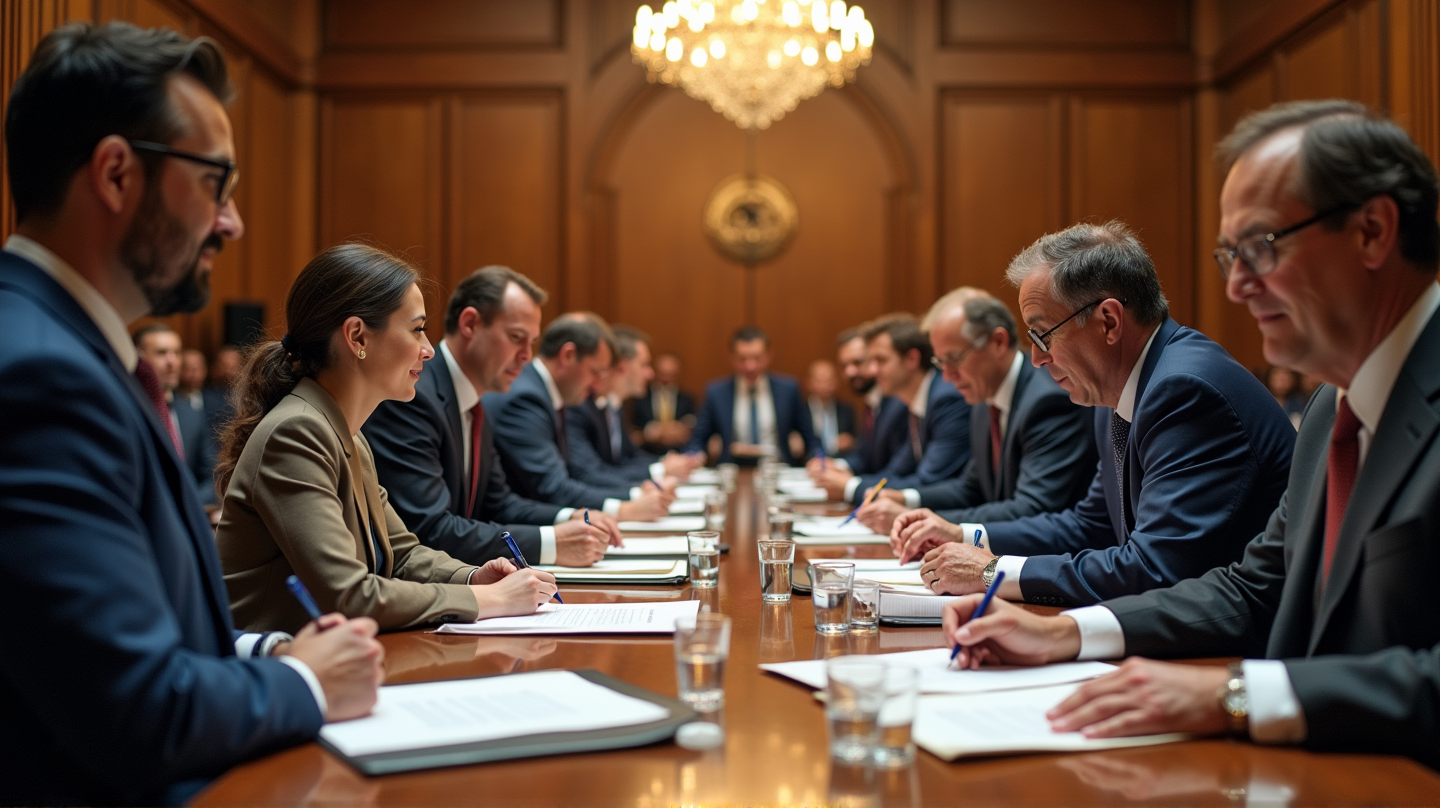Landmark WHO Agreement Aims for Equitable Future Pandemic Responses
The WHO Pandemic Agreement promises to revolutionize global health security with a focus on equity and safety.

In an unprecedented move that may reshape the global health landscape, the World Health Assembly has adopted the first-ever Pandemic Agreement, marking a turning point in international health policy. The resolution aims to address the flaws and inequities revealed by the COVID-19 catastrophe, setting a more unified path for responding to future pandemics.
A Three-Year Journey to a Milestone
The Adoption of the WHO Pandemic Agreement stands as a testament to the tenacity and cooperative spirit of member states. Over three years of intense negotiation, driven by the harrowing lessons from the COVID-19 pandemic, have culminated in a commitment to foster a more resilient global health framework. The agreement aspires to not only improve pandemic prevention and response but also ensure equitable access to health resources across nations.
Uniting Nations with One Purpose
As the world reeled under the devastating impacts of the coronavirus, governments from every corner united with a synchronized urgency. Dr. Tedros Adhanom Ghebreyesus, Director-General of the WHO, hailed the agreement as a monumental victory for global health and collaboration. “The world is safer today,” he proclaimed, signifying a new chapter where international solidarity takes precedence over unilateral action.
Rolling Out an Equitable Health Framework
The WHO Pandemic Agreement emphasizes not only the need for robust national health infrastructures but also international cooperation. Central to the agreement is the provision for equitable access to vaccines, therapeutics, and diagnostics. Initiatives like the Pathogen Access and Benefit-Sharing system (PABS) underscore the commitment to shared benefits and fairness, especially focusing on the needs of developing countries.
Implications for National Policies
While the agreement encourages immediate global coordination, it also respects national sovereignty, acknowledging that local governments remain the prime architects of their pandemic responses. As nations gear up to implement this pact, emphasis remains on voluntary collaboration and mutual understanding.
Looking towards a Collaborative Future
Under this historic agreement, provisions for a Global Supply Chain and Logistics Network are set to remove barriers and ensure rapid access to life-saving products. Pharmaceutical manufacturers are tasked to contribute significantly to pandemic-related health products, ensuring that at least 20% of vaccine, therapeutic, and diagnostic production focuses on real-time need and risk assessment.
The WHO Pandemic Agreement sets a precedent akin to the historical Framework Convention on Tobacco Control. As stated in World Health Organization (WHO), the task now is to rally global action with unmatched enthusiasm, ensuring that the sorrow of past pandemics turns into the strength of tomorrow’s defenses.
In an age where unilateralism looms, this commitment to multilateralism signals a hopeful tomorrow, where health security and equity envelop the global populace.





